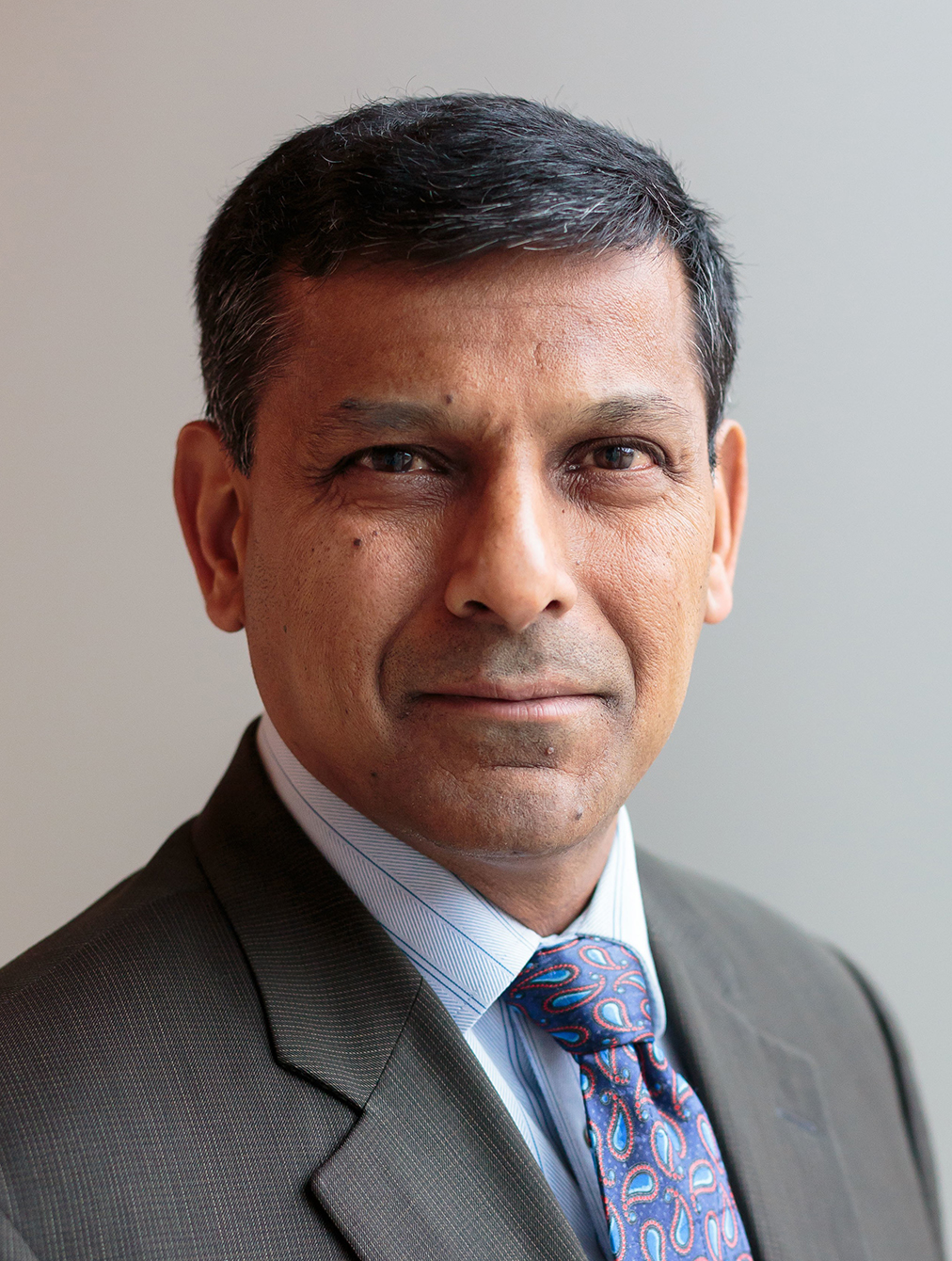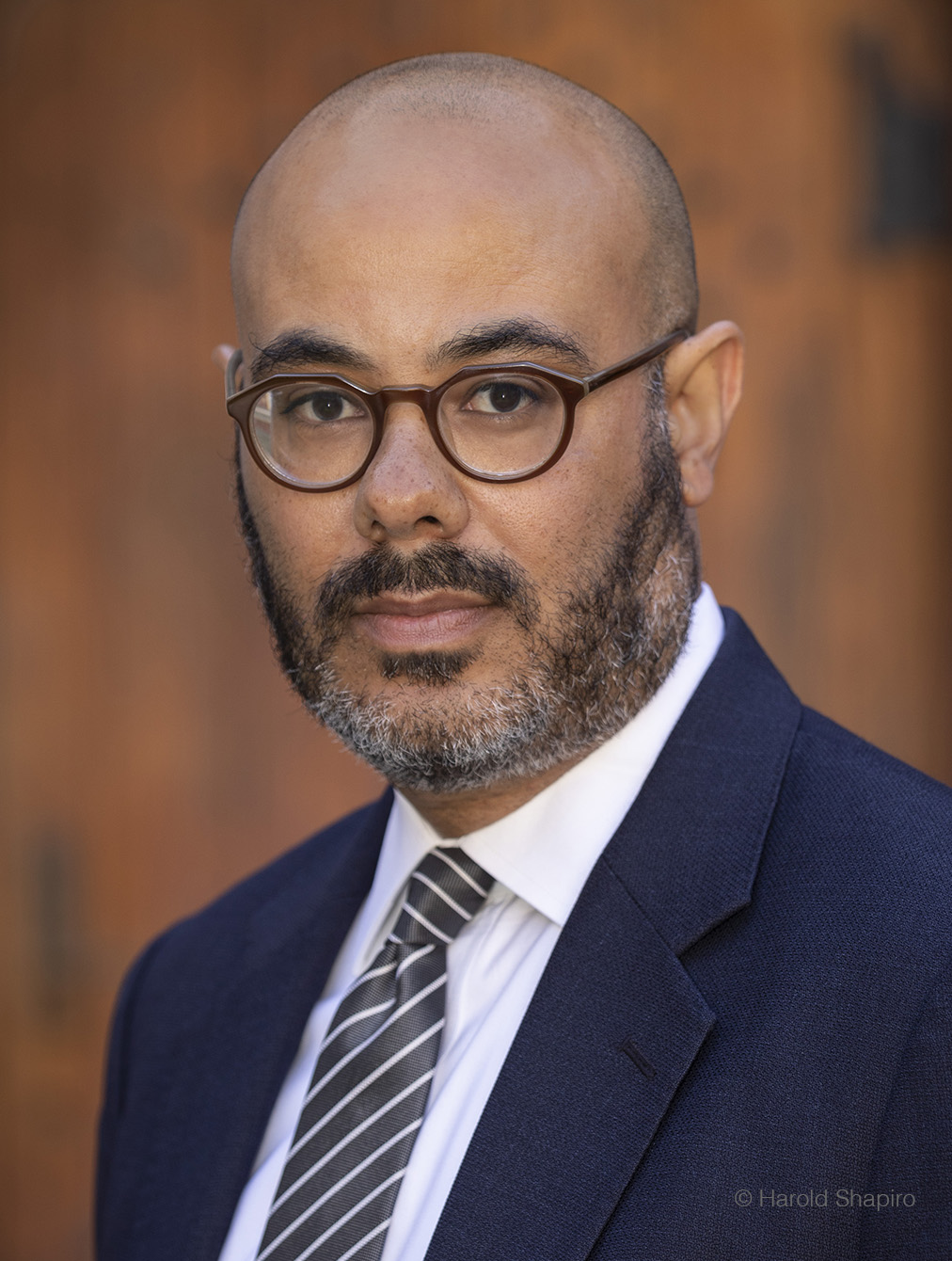
Edward Luce
U.S. National Editor and Columnist, Financial Times
Edward Luce is a columnist and U.S. National Editor for the Financial Times who has been deemed “one of the finest journalists of our time.” A U.K. native, Oxford graduate, and former speechwriter for Treasury Secretary Larry Summers, he is highly regarded by policymakers, leaders, and political junkies. In his speeches, Luce brings an insider-outsider perspective to American politics, economics, and geopolitics. His cross-border perspective provides a global insight to the future of work and the major challenges facing the West, including the rise of populism and the decline of the middle class.
Luce’s newest book, Zbig: The Life of Zbigniew Brzezinski, America's Great Power Prophet (May 2025) is a New York Times bestseller. Zbig is an intimate and masterful biography of Zbigniew Brzezinski—President Carter’s national security advisor and one of America’s leading geopolitical thinkers—from one of the finest columnists and political writers at work today.
Luce’s previous books include, The Retreat of Western Liberalism, the New York Times called the book “insightful and harrowing.” It was named one of the Washington Post’s 50 notable works of nonfiction, an Amazon Top 100 book of the year, and a Financial Times and Economist best book of the year. And Time to Start Thinking: America in the Age of Descent, was described as “a masterful portrait of America.” He also is the author of In Spite of the Gods, praised by The Economist as “likely to be the definitive book on India for some time to come.”
At the FT, Luce has also served as Washington bureau chief, Capital Markets Editor, correspondent to the Philippines, and South Asia bureau chief. With his FT colleague Rana Foroohar, he writes “Swamp Notes,” a twice-weekly newsletter on the intersection of money, power, and politics in America.
A graduate of Oxford University in Politics, Philosophy, and Economics, he received his post-graduate in journalism from City University, London. He is a frequent guest on CNN, NPR, Morning Joe, and the BBC.
Topics
Videos
Books
Articles
Podcasts
Testimonials
This speaker does not have any Articles yet.
Request Availability
Download Bio
Economics
Foreign Affairs
Geopolitics & Globalization
Moderators
US Politics
Social Commentary



























